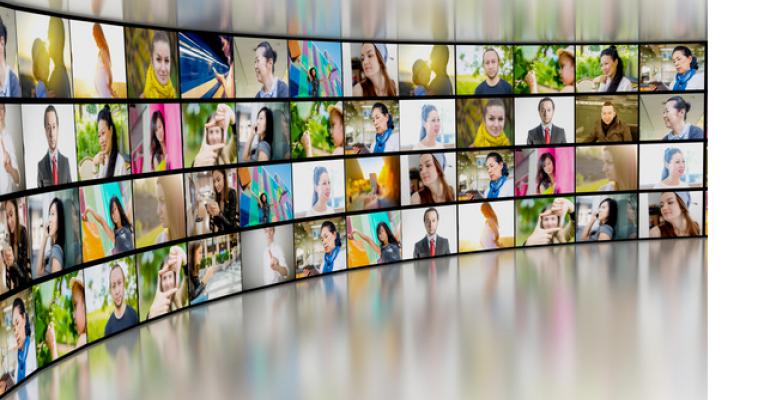www.meetingsnet.com: Call it the inverse law of lockdown: Covid-19 has put face-to-face events and conferences on hold, but virtual iterations are happening more than ever. Livestreaming is the new black.
However, while organizers are doing their best to be engaging and keep the conversation flowing, livestreaming has its limits.

4 comments:
While watching or doing anything on Zoom when the pandemic first hit was bad, it’s only gotten more mind-numbing as time goes on. As the article reminds us, this situation - in which we rely on live streams, and sponsors regularly viewing that content, may continue for much longer than we’ve hoped. It’s difficult to imagine a remote experience that would compare with an actual event. For example, I hate Zoom because I feel tense and uptight while sitting there watching class, I feel the need to move around. If the event doesn’t put the “audience” on display then that’s another conversation, but if you are live streaming an event and inviting guests to virtually show up, you are asking them to present themselves which they might not feel comfortable with (like dressing up just to sit in front of their computer?) I did like when the article brought up that people should think about their content like something more like a podcast, which are engaging enough that people come back regularly to interact and support.
As unfortunate as it is, the need for virtual events and content will inevitably be necessary for quite a long time to come. As the article mentioned, even when things return to "normalcy", virtual events will still have a place in the entertainment industry. One thing that I think is important to keep in mind that I don't think the article hit on too much was that not only do events need to be done with engagement and marketing strategies in mind, but the events themselves have to be crafted for a digital environment. Not everything will be able to be simply lifted from the stage and put in a digital space without at least a little bit of adjustment. One reason I think Zoom events have been a little hit or miss is that as a whole, people are not yet acclimated to creating what used to be live content for a digital audience.
While Zoom usage is widespread I feel there is an opportunity to create a platform better to fit live performing arts events. Nothing is a good substitute for in-person events, however, I do think that in the future live-streamed performances and other online media will remain in some capacity. I thought that it was interesting that the article focused on marketing ability of online performances in a financially sustainable manner. The zoom events that I have attended have not been adapted properly resulting in awkward silences or other difficulties. For live zoom performances, I believe they should be created for a virtual platform specifically for an ideal viewing experience.
What I found most interesting about this article was its emphasis on making live streamed events available after the stream itself. Coming from the world of live theater, it's intuitive to assume that a specific performance will occur once then never again. Almost never preserved or reincarnated. But COVID-19 is challenging that assumption.
I have not made enough digital theater to know whether the article’s assertions about people being more likely to skip out on a digital event are true, but it doesn't seem unlikely. If this really is the case, it will be interesting to see if theater adapts and makes art that is more accessible for longer periods of time (the podcast model, as described by the article).
It makes me wonder how rights for productions will be granted. How will pricing be determined? How will tickets be sold? How many tickets will be sold? How many times can a person access a particular production, and for how long after its original stream?
I’m interested to see if the answers to these questions will be mostly the same across the world of theater, or if every creator will establish their own routine and their own rules.
Post a Comment